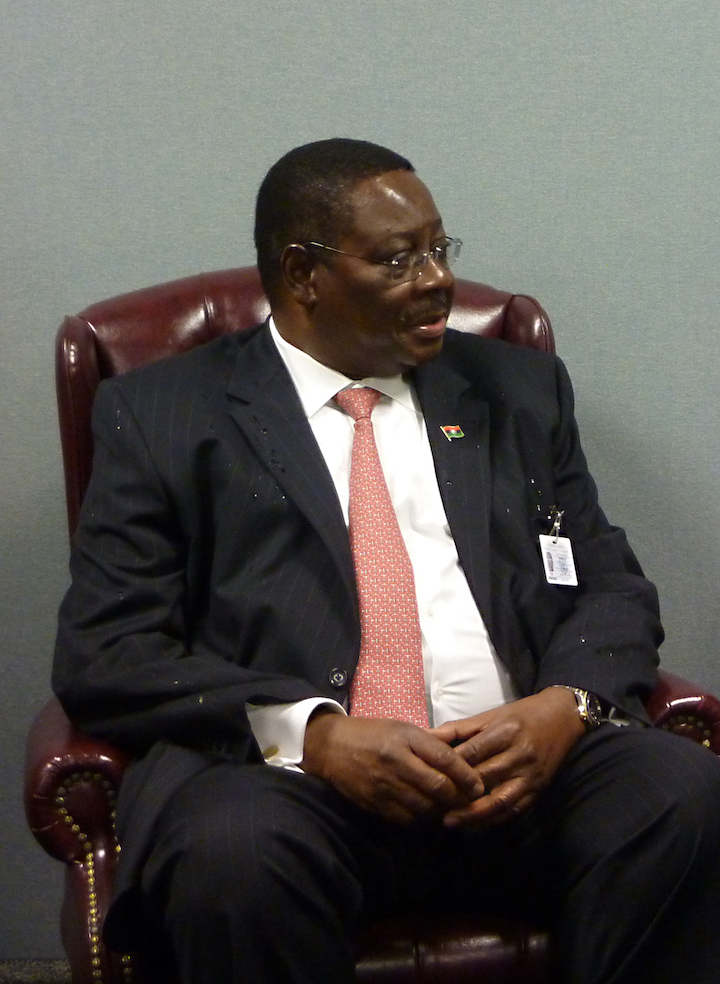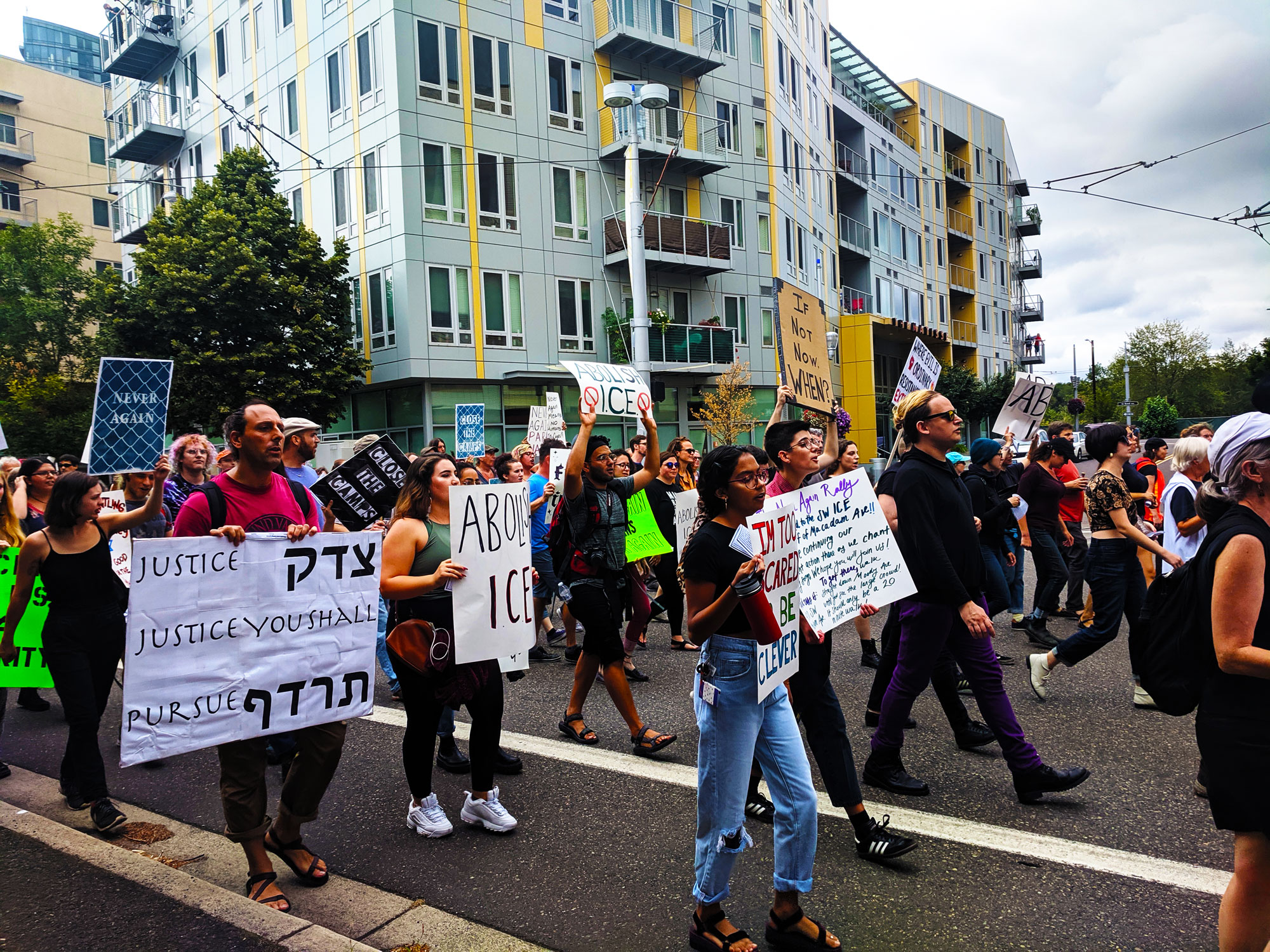Due to the tightening of immigration laws in the United States, several Salvadorans are being deported back to a life of violence they once fled their country for. Human Rights Watch has reported 138 deaths of deported Salvadorians investigated since 2013.
Several citizens have been killed on their return to the country. Sources such as the Human Rights Watch say the U.S. seems to not realize the consequences.
“Salvadorans are facing murder, rape and other violence after deportation in shockingly high numbers, while the U.S. government narrows Salvadorans’ access to asylum and turns a blind eye to the deadly results of its callous policies,” said Alison Parker, managing director of the U.S. Program at Human Rights Watch and co-author of the report.
El Salvador, with over 6 million citizens and being one of the most densely populated countries in Central America, has one of the world’s highest rates of homicide and sexual violence. Authorities are largely ineffective, according to The Guardian, who reports several instances of violence against civilians committed by soldiers. Other instances of violence are often executed by street gangs which have approximately 60,000 members across the country.
Along with 138 cases of deaths among deported Salvadorians since 2013, investigators also found 70 instances in which deportees were subjected to sexual violence, torture and other harm, usually by gangs. Many deportees have gone missing following their return to El Salvador.
Often, the violence can be committed by not only gangs, but also people in their neighborhoods and authorities. In one instance reported by NPR, two young men were awoken in the middle of the night, ripped from the beds and beaten by the police.
“They began beating us until we arrived at the police barracks,” a deportee named Gaspar T. said in an interview with Human Rights Watch
Several people from El Salvador living in the U.S. previously had Temporary Protected Status, also known as TPS. This status meant Salvadorans were able to build a life in the country with limited fear of being deported.
Similarly, in 2012, the Obama administration provided 26,000 Salvadorans with Deferred Action for Childhood Arrivals, or DACA status, which afforded some who had arrived as children with a temporary legal status. However, the Trump administration decided that TPS should end in January of 2020.
Of the estimated 1.2 million Salvadorans living in the U.S. who are not citizens, just under one-quarter are lawful permanent residents, with the remaining people lacking papers of TPS. By 2018, Salvadorans became the highest number of any other nationality seeking asylum, with approximately 101,000 pending applications in the United States, according to HRW.
The U.S. has also been pursuing policies that shift responsibility for immigration enforcement to countries like Mexico in an effort to avoid obligation for the safety of migrants and asylum seekers, such as the Migration Protection Protocols.
The Migration Protection Protocol rules that “certain foreign individuals entering or seeking admission to the U.S. from Mexico—illegally or without proper documentation—may be returned to Mexico and wait outside of the U.S. for the duration” according to the Department of Homeland Security.
Between 2014–2018, Mexico and the U.S. have deported more than 213,000 Salvadorans regardless of their need for asylum.
“The United States has to have known this was happening, because the cases were publicly reported, and more importantly because Salvadorans make it clear in asylum applications that this is their reality. But this reality is ignored or not believed by US authorities,” said Elizabeth Kennedy, co-author of the report.






